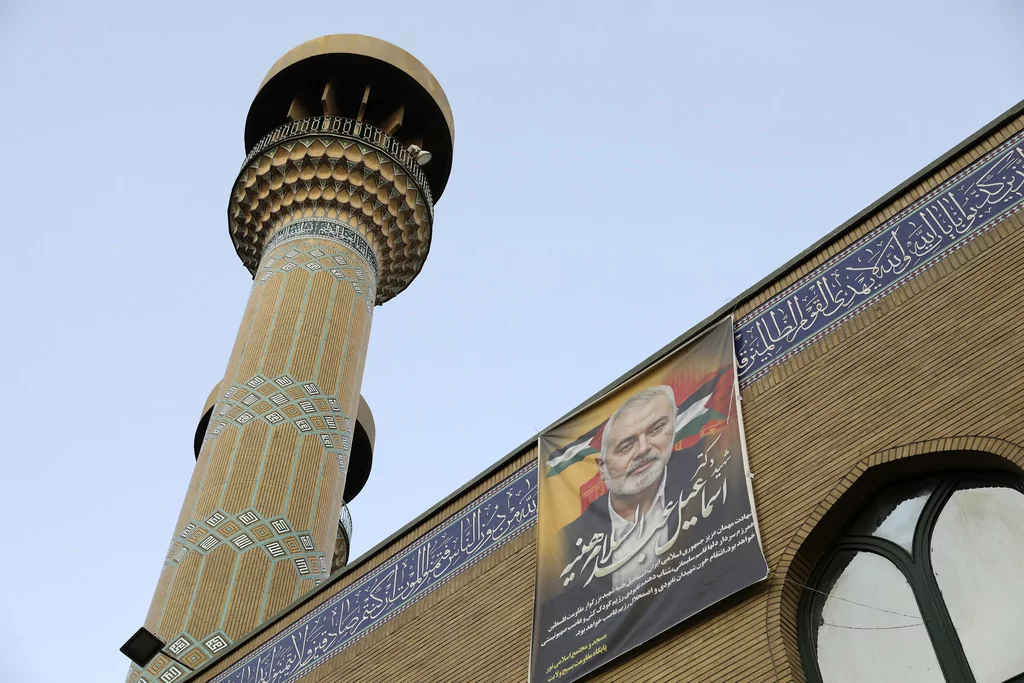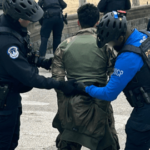

The Iranian government has begun outsourcing assassinations and violent attacks against exiled dissidents to criminal groups as Western security services become more vigilant.
Iran has drastically increased its foreign espionage operations in recent years, especially after a series of violent protests over the death of a woman under the custody of the morality police in 2022. As Western security forces have increased scrutiny against such operations, Tehran has started turning to the Hells Angels and other criminal groups to do its work for them, according to senior officials in more than a dozen countries, hundreds of pages of criminal court records, and additional investigative documents obtained by the Washington Post.
The Hells Angels is the most well-known of the at least five criminal syndicates Tehran has enlisted, officials claimed. In one plot, Iran hired a member of the German branch of the group, Ramin Yektaparast, to bomb a synagogue in Essen.
A heroin trafficking kingpin based out of Tehran, Naji Sharifi Zindashti, negotiated a $350,000 contract with two Hells Angels members residing in Canada to assassinate an Iranian defector living in Maryland.
Encrypted messages contained in the indictment showed them planning to make the killing as brutal as possible, with one member saying he would “make sure I hit this guy in the head with AT LEAST half the clip.”
“We gotta erase his head from his torso,” he said.
The plot was formulated in March 2021 and uncovered the following year after Western security forces breached the encrypted messaging app used by them.
According to the investigation, Zindashti is the center of many of the operations. He turned from a drug lord based out of Istanbul into a mastermind behind Tehran’s assassination, abduction, and outsourcing operations while offering the government plausible deniability. Tehran has fervently denied such claims.
“The Islamic Republic of Iran harbors neither the intent nor the plan to engage in assassination or abduction operations, whether in the West or any other country,” Iran’s mission to the United Nations said in a statement obtained by the outlet. “These fabrications are concoctions of the Zionist regime, the Albania-based Mujahedin-e Khalq terrorist cult, and certain Western intelligence services — including those of the United States — to divert attention from the atrocities committed by the Israeli regime.”
The MEK, referred to by the mission, is a left-wing opposition group that is widely unpopular in Iran due to its siding with Iraq during the destructive Iran-Iraq War of the 1980s. It was on the U.S. terrorism watchlist from 1997 to 2012.
CLICK HERE TO READ MORE FROM THE WASHINGTON EXAMINER
A study from the Washington Institute, which was shared with the outlet, listed 88 assassinations, abductions, and other violent plots linked to Iran over the past five years — more than every other year combined since the creation of the modern Iranian state in 1979. At least 14 of the plots involved criminal organizations. The plots peaked in 2022 when the country was rocked by deadly protests.
The United Kingdom had the highest share of the plots, at 18, followed by the United States, which had nine.





